There is such a shortage of nurses that the nursing school admission interview is just a formality, especially if you have excellent grades. Right?
WRONG! Nurse educators, funding, and facilities are also in short supply so there is more often than not a limit to the number of students that can be admitted to a program. The goal of the admissions committee is to select those most likely to succeed in the course and go on to become excellent nurses.
Do the following, and you have an excellent chance of failing your application for admission to nursing school. Most of the points also apply to job interviews and applications for advanced nursing courses.
1. Consider the interview as a formality that doesn’t need preparation, especially if you have good grades
There is such a shortage of nurses that you are actually doing them a favor by applying to enter their course, so you don’t have to sell yourself. Personal stories about when you demonstrated specific abilities – such as leadership or problem-solving – won’t add much weight and neither will volunteer work you have done.
You certainly don’t need to think about and practice your answers to standard questions. The answer will come to you at the time, and even if it doesn’t, you can make up something that you think they would like to hear.
You needn’t worry that they will expect you to have some knowledge of nursing and pressing health issues. After all, they have three or four years to teach you this in nursing school.
2. Don’t bother to research the nursing school you are applying to.
All the courses are basically the same and the information on the web or in brochures is just marketing hype. It’s their job to provide you with the information on their mission and program so that you can decide whether you want to accept a place or not. If they ask you why you want to be admitted to their particular nursing program the answer would be “Because I want to be a nurse.” Duh!
3. Don’t waste time in the interview by thinking about your answers to questions
Give the first answer that comes to mind, after all, you have a good idea of what they want to hear. They have a lot of interviews to get through and don’t want you to waste their time with reflection.
Also, give the shortest possible answer when asked to describe instances when you demonstrated specific behaviors or skills – one brief sentence is enough. Don’t elaborate on what you did, when, how and the outcome. After all, people shouldn’t blow their own trumpet.
4. Answer the question “Why do you want to be a nurse?” with one of the following
“My parents want me to be a nurse” – one should follow your parent’s wishes, and this demonstrates that you will always obey the orders of those in authority without questioning.
“My mother, aunt, and granny are all nurses” – undoubtedly the characteristics that make for a good nurse must run in your genes.
“I want to help people,” “I am a caring person” or even better “I want to help the doctors make people better” – nursing is helping and caring and as long as this attitude is in place, surely nothing else is important.
“I’ve always wanted a job where I can wear a uniform” – shows you are ready to take control and have people follow your orders.
5. Use the questions about your strengths and weaknesses cleverly
You have a good idea of what if expected of nurses and once again you can answer these questions with what they want to hear – like that you are a caring person and a hard worker. That you excelled at sciences, are a talented speaker, have excellent computer skills, or are a good problem solver is surely not relevant to a career in nursing.
The question about your weaknesses can be turned around to also emphasize strengths, for example, that people say you work too hard.
6. Be careful of the question about what you would do if you caught someone being dishonest
You might be asked what you would do if you saw a fellow student stealing or another nurse faking an entry into a patient record. Nurses must work together as a team and no-one should rock the boat by causing friction. After all, it is none of your business so you would keep quiet about it.
7. Don’t ask any questions at the end of the interview.
The interviewers are just being polite when they ask you whether you have any questions at the end of the interview. If you ask too many questions, they will think you are trying to be clever. Don’t come prepared with a list of questions you want to ask.
8. Don’t worry about arriving late
It’s not necessary to budget extra time for traffic jams, public transport that runs behind time, getting lost or difficulty in finding parking. We all know that, like doctor’s appointments, interviews usually run behind schedule. If you are running very late don’t bother to call ahead – they’ll understand when you explain the problems you had. They can always carry on with the next interviewee in line.
9. Leave your cell phone on
After all, you have a life besides the interview, and it may be important – like as someone phoning to book another interview! Also, don’t forget to take a coffee and maybe a snack as well – one needs to take care of your basic needs. Stuck with somewhere to leave your dog? Bring it along because the receptionist can keep an eye while you are being interviewed.
Want to stand out above the rest in your interview instead?
Be professional both in preparing for and during the interview. Plan for the questions that could be asked and practice your answers. Interview questions are designed to get a picture of who you are and most do not have any right or wrong answers. They assess those personal abilities and skills that are not demonstrated in formal school grades including your level of maturity, interpersonal skills, and moral compass. It will be to your advantage if you can provide concise stories of instances where, for example, you demonstrated your caring nature, a cool head in a crisis, leadership skills or problem-solving ability.
You can find many hints and tips as well as examples of possible interview questions on the internet. A good place to start is with these 16 nursing school questions.

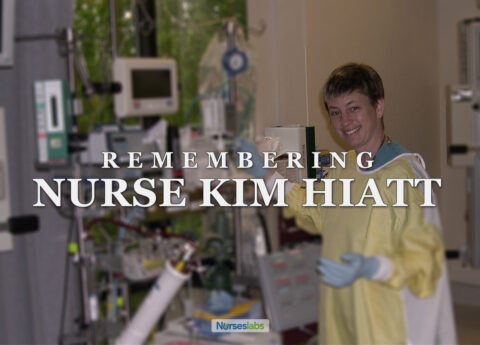
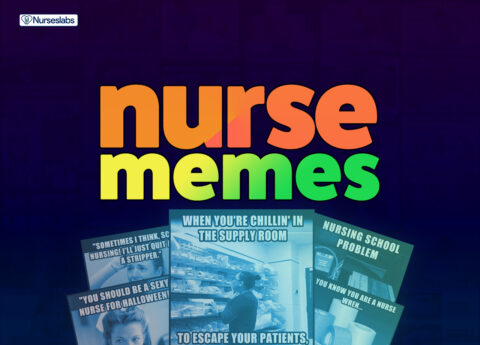
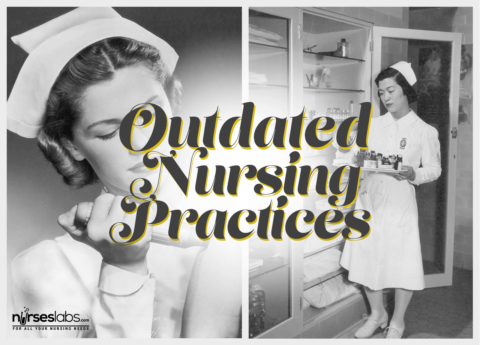
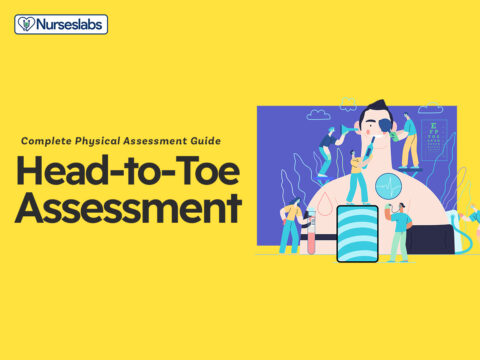




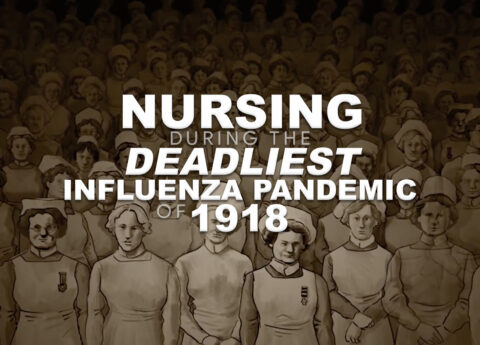



























Leave a Comment